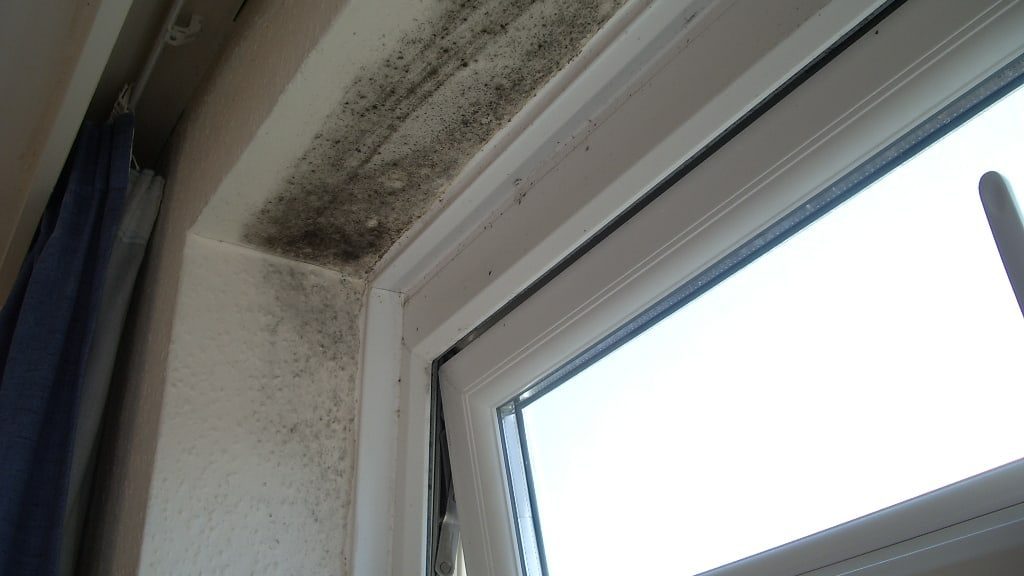Mold is a problem that no one wants to face. Beyond being unsightly and lowering property values, mold can cause health issues.
What is mold?
According to WebMD, mold is a fungus consisting of small organisms. Mold comes in a variety of colors including black, green, orange, purple and white. Today mold is most often thought of as something that occurs in buildings after a flood or other event which causes building materials to become waterlogged. And, that perception exists for a reason. After standing water has permeated porous materials, mold soon begins to form and grow.
But, surprisingly, mold is around us all the time. Mold aids in the breaking down of organic matter in nature. Water, or more correctly moisture, plays an important role in mold’s ability to grow. And, when it does grow, mold spores become airborne. As long as temperatures aren’t too low for mold to survive, mold spores are always present in outdoor air.
Is airborne mold a health risk?
Airborne mold spores are small enough that they can be inhaled by people. And, in fact, you’ve inhaled plenty of mold in your lifetime. In small amounts mold generally has no effect. In larger amounts however, mold can cause respiratory problems. This most often happens from inhalation of mold which has taken hold inside a business or home.
Do air scrubbers remove mold spores from air?
Yes, a commercial air scrubber with a HEPA filter will remove mold spores from the air. The best air scrubbers all have HEPA filtration and are made specifically with mold removal in mind.
Mold removal is a top, if not the top, duty air scrubbers perform for professionals.
How do air scrubbers remove mold for the air?
A commercial air scrubber operates off the principle of negative airflow. Negative airflow is simply removing air from an enclosed space faster than it is replaced.
When property set up and at work in a room, building, home, basement or other space, powerful fans suck ambient air (and the mold spores contained in it) into an air scrubber. A series of filters remove particulates of various sizes from the air. A HEPA filter is responsible for trapping mold spores. Finally, the purified air is exhausted outdoors or returned.
Why do HEPA filters trap mold?
As mentioned earlier, a HEPA filter is required to clean mold spores out of indoor air. HEPA filters can trap the smallest particles, down to .3 microns in size. Since mold spores are larger than .3 microns they cannot pass through the filter.
Image by photographer Aimee Rivers.
